How to Fix Sleep Apnea Without CPAP: Effective Alternatives
Table of Contents
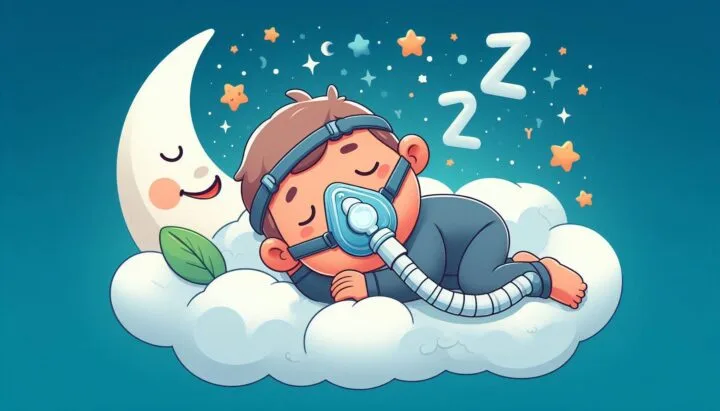
Introduction:
Are you struggling with sleep apnea but find CPAP machines uncomfortable or inconvenient? You’re not alone. While Continuous Positive Airway Pressure (CPAP) therapy is a common treatment for sleep apnea, it’s not the only option available. In this comprehensive guide, we’ll explore various ways to manage sleep apnea without relying on CPAP machines. From lifestyle changes to alternative devices and treatments, we’ll cover a range of options to help you breathe easier and sleep better. Whether you’re looking for non-invasive solutions or considering more advanced treatments, this article will provide you with valuable insights to tackle sleep apnea effectively.
Understanding Sleep Apnea
Before we dive into solutions, let’s briefly review what sleep apnea is and why it’s important to address it.
What is Sleep Apnea?
Sleep apnea is like having a faulty pause button on your breathing. It’s a condition where your breathing repeatedly stops and starts during sleep, disrupting your rest and potentially impacting your health.
Types of Sleep Apnea
- Obstructive Sleep Apnea (OSA): The most common type, caused by relaxed throat muscles
- Central Sleep Apnea: Less common, caused by the brain not sending proper signals to breathing muscles
- Complex Sleep Apnea Syndrome: A combination of both OSA and central sleep apnea
Lifestyle Changes to Manage Sleep Apnea
Often, the first line of defense against sleep apnea involves making changes to your daily habits.
1. Weight Management
Imagine your airways as a garden hose. Extra weight is like someone stepping on that hose, making it harder for air to flow through. Losing weight can help reduce this pressure on your airways.
Tips for Healthy Weight Loss:
- Focus on a balanced diet rich in fruits, vegetables, and lean proteins
- Incorporate regular exercise into your routine
- Consider working with a nutritionist or dietitian for personalized advice
2. Sleep Position Adjustments
Your sleep position can significantly impact your breathing. Sleeping on your back is like inviting gravity to close your airways.
Positional Therapy Techniques:
- Try sleeping on your side
- Use special pillows designed to keep you off your back
- Consider a wedge pillow to elevate your upper body slightly
3. Alcohol and Sedative Reduction
Think of alcohol and sedatives as relaxation agents for your throat muscles. While this might sound good, it actually makes it easier for your airways to collapse during sleep.
Strategies to Reduce Intake:
- Avoid alcohol close to bedtime
- Discuss alternative medications with your doctor if you’re taking sedatives
4. Smoking Cessation
Smoking is like inviting an irritant to inflame your airways, making sleep apnea worse.
Steps to Quit Smoking:
- Consider nicotine replacement therapy
- Join a support group
- Explore smoking cessation programs in your area
Alternative Devices for Sleep Apnea
If lifestyle changes aren’t enough, there are several devices you can try before resorting to CPAP.
1. Oral Appliances
Oral appliances are like night guards for sleep apnea. They work by repositioning your jaw or tongue to keep your airway open.
Types of Oral Appliances:
- Mandibular Advancement Devices (MADs)
- Tongue Retaining Devices (TRDs)
2. Nasal Expiratory Positive Airway Pressure (EPAP)
EPAP devices are like tiny valves for your nostrils. They create pressure when you exhale, helping to keep your airway open.
3. Hypoglossal Nerve Stimulation
This innovative treatment is like a pacemaker for your tongue. A small device is implanted to stimulate the nerve controlling tongue movement, keeping your airway open during sleep.
Advanced Treatments for Sleep Apnea
For more severe cases or when other methods don’t work, there are advanced treatment options to consider.
1. Surgery
In some cases, surgery might be recommended to address structural issues contributing to sleep apnea.
Common Surgical Procedures:
- Uvulopalatopharyngoplasty (UPPP)
- Maxillomandibular advancement
- Nasal surgery
2. Inspire Therapy
Inspire therapy is like a remote control for your airway. It’s an implanted device that monitors your breathing patterns and stimulates key airway muscles to keep your airway open.
Natural Remedies and Exercises
Sometimes, simple exercises and natural remedies can make a big difference in managing sleep apnea.
1. Throat Exercises
Think of these exercises as a workout for your airway. They can help strengthen the muscles that keep your airway open.
Sample Exercises:
- Tongue slides
- Soft palate stretches
- Throat contractions
2. Yoga and Breathing Exercises
Yoga and breathing exercises can help improve your overall respiratory function and reduce sleep apnea symptoms.
Beneficial Practices:
- Pranayama breathing techniques
- Yoga poses that open the chest and throat
3. Herbal Remedies
While not a cure, some herbal remedies may help alleviate sleep apnea symptoms.
Potential Helpful Herbs:
- Valerian root for better sleep quality
- Lavender for relaxation
- Peppermint for nasal congestion relief
When to Seek Professional Help
While many of these alternatives can be effective, it’s crucial to know when to consult a healthcare professional.
Signs You Should See a Doctor:
- Persistent daytime sleepiness
- Loud snoring accompanied by gasping or choking sounds
- Observed episodes of stopped breathing during sleep
- Morning headaches or dry mouth
- Difficulty concentrating or memory problems
Conclusion
Managing sleep apnea without CPAP is possible with the right approach. From lifestyle changes like weight loss and sleep position adjustments to alternative devices and advanced treatments, there are numerous options to explore. Remember, what works best can vary from person to person, so it may take some trial and error to find the right solution for you.
If you’re struggling with sleep apnea, don’t hesitate to take action. Start with simple lifestyle changes and gradually explore other options if needed. Always consult with a healthcare professional before making significant changes to your sleep apnea management plan. With persistence and the right approach, you can improve your sleep quality and overall health, even without relying on CPAP therapy.
FAQs
- Q: Can sleep apnea be cured completely without CPAP?
A: While sleep apnea can’t always be completely cured, many people successfully manage their symptoms without CPAP through lifestyle changes, alternative devices, or other treatments. The effectiveness depends on the severity of the condition and individual factors. - Q: How long does it take to see improvements when trying non-CPAP methods?
A: The timeline for improvement varies depending on the method and individual. Some people may notice changes within a few weeks of lifestyle modifications, while others might take several months to see significant improvements with devices or exercises. - Q: Are oral appliances as effective as CPAP for treating sleep apnea?
A: For mild to moderate sleep apnea, oral appliances can be as effective as CPAP for some individuals. However, their effectiveness may vary, and they’re generally not recommended as the first-line treatment for severe sleep apnea. - Q: Can children use these alternative methods for sleep apnea?
A: Some alternative methods, like lifestyle changes and certain oral appliances, can be used for children with sleep apnea. However, treatment should always be under the guidance of a pediatric sleep specialist. - Q: Is it safe to try natural remedies for sleep apnea without consulting a doctor?
A: While many natural remedies are generally safe, it’s always best to consult with a healthcare provider before starting any new treatment for sleep apnea, even natural ones. This ensures that the remedies are appropriate for your specific condition and don’t interfere with other health issues or medications.
Citations:
[1] https://www.ncoa.org/adviser/oxygen-machines/alternative-cpap-treatments/
[2] https://www.ncbi.nlm.nih.gov/pmc/articles/PMC9584565/
[3] https://www.henryford.com/blog/2019/06/5-alternatives-to-cpap
[4] https://www.beckerentandallergy.com/blog/5-alternatives-cpap-sleep-apnea
[5] https://www.sleepfoundation.org/sleep-apnea/alternatives-to-cpap
[6] https://www.uofmhealth.org/conditions-treatments/brain-neurological-conditions/non-surgical-or-dental-alternatives-cpap
[7] https://www.healthline.com/health/jaw-pain-one-side
[8] https://www.ncbi.nlm.nih.gov/pmc/articles/PMC4810328/

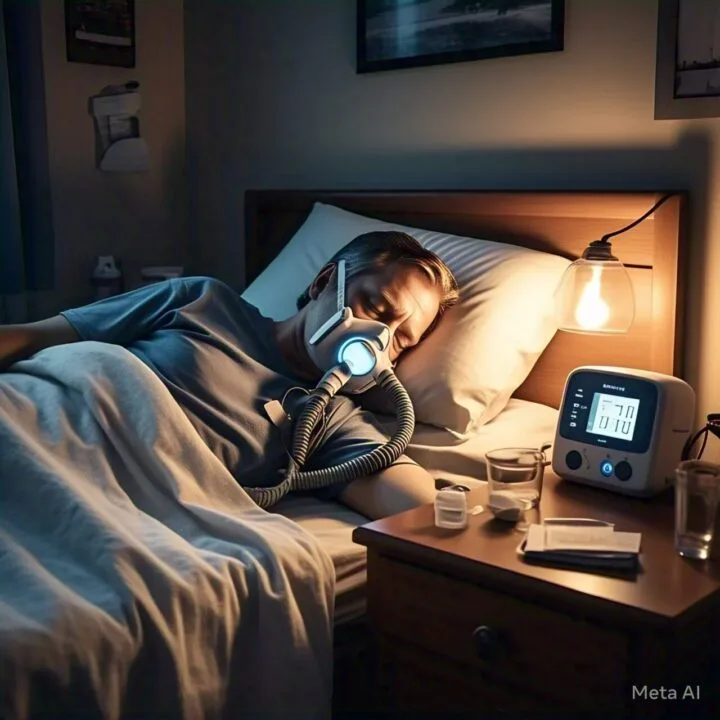
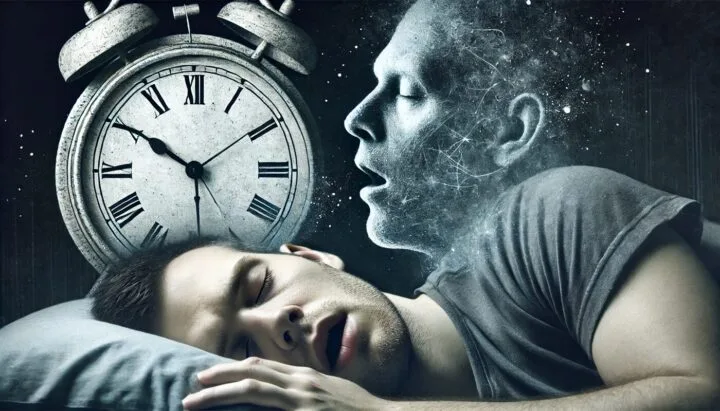
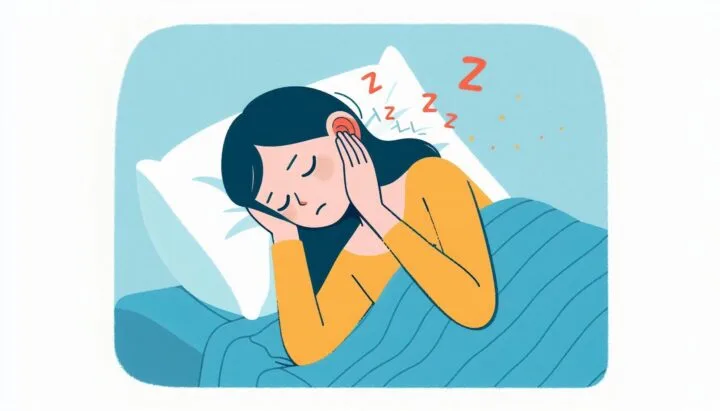
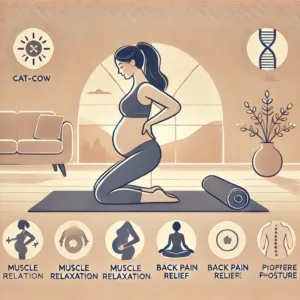

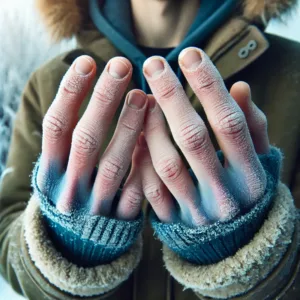
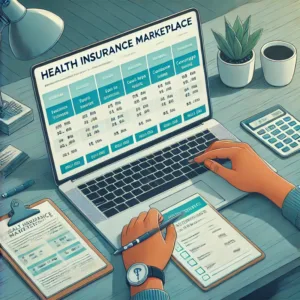
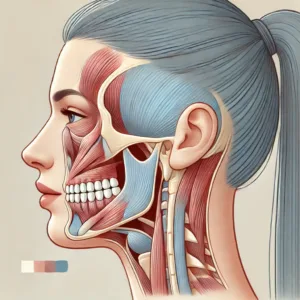




Post Comment